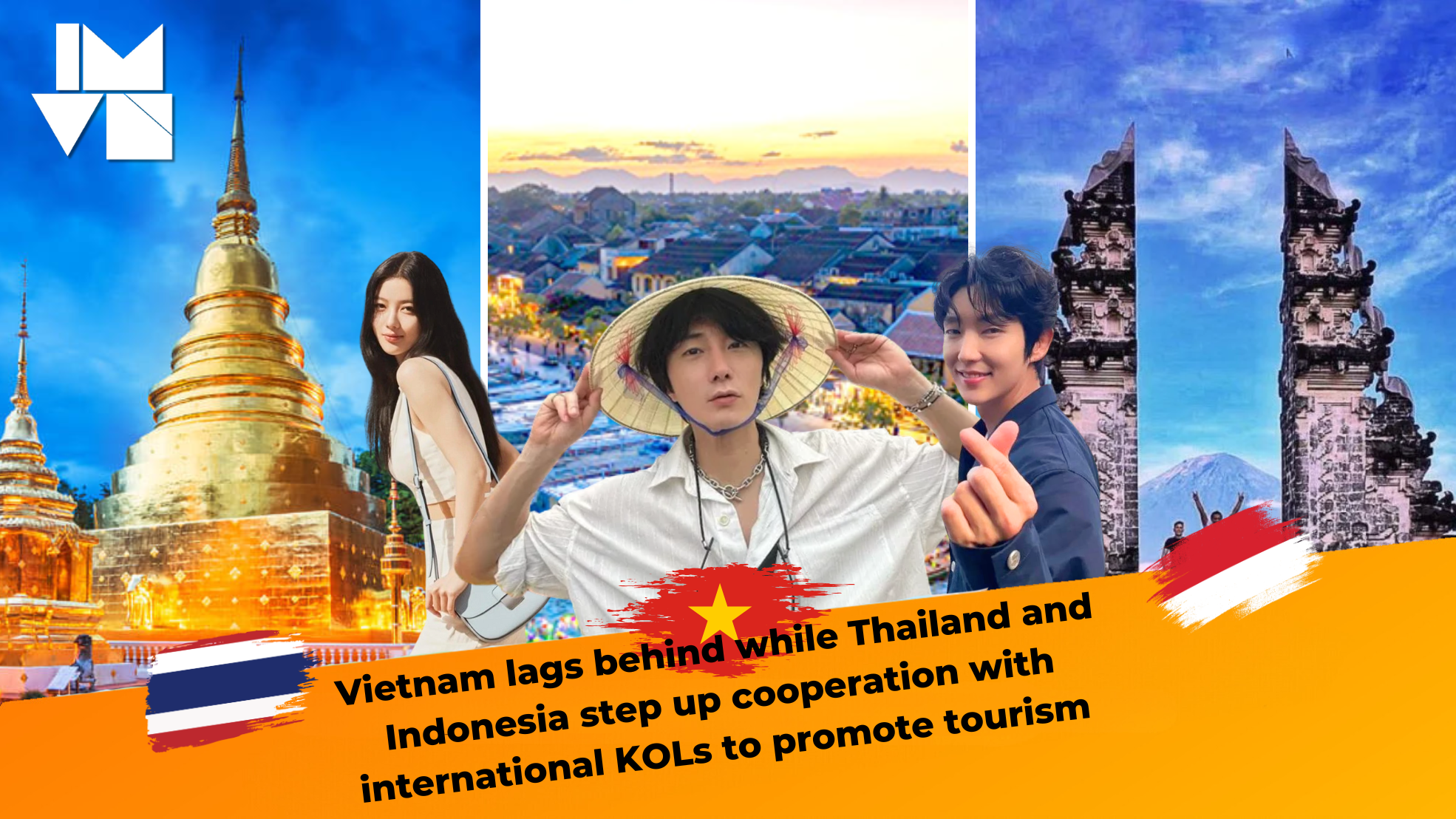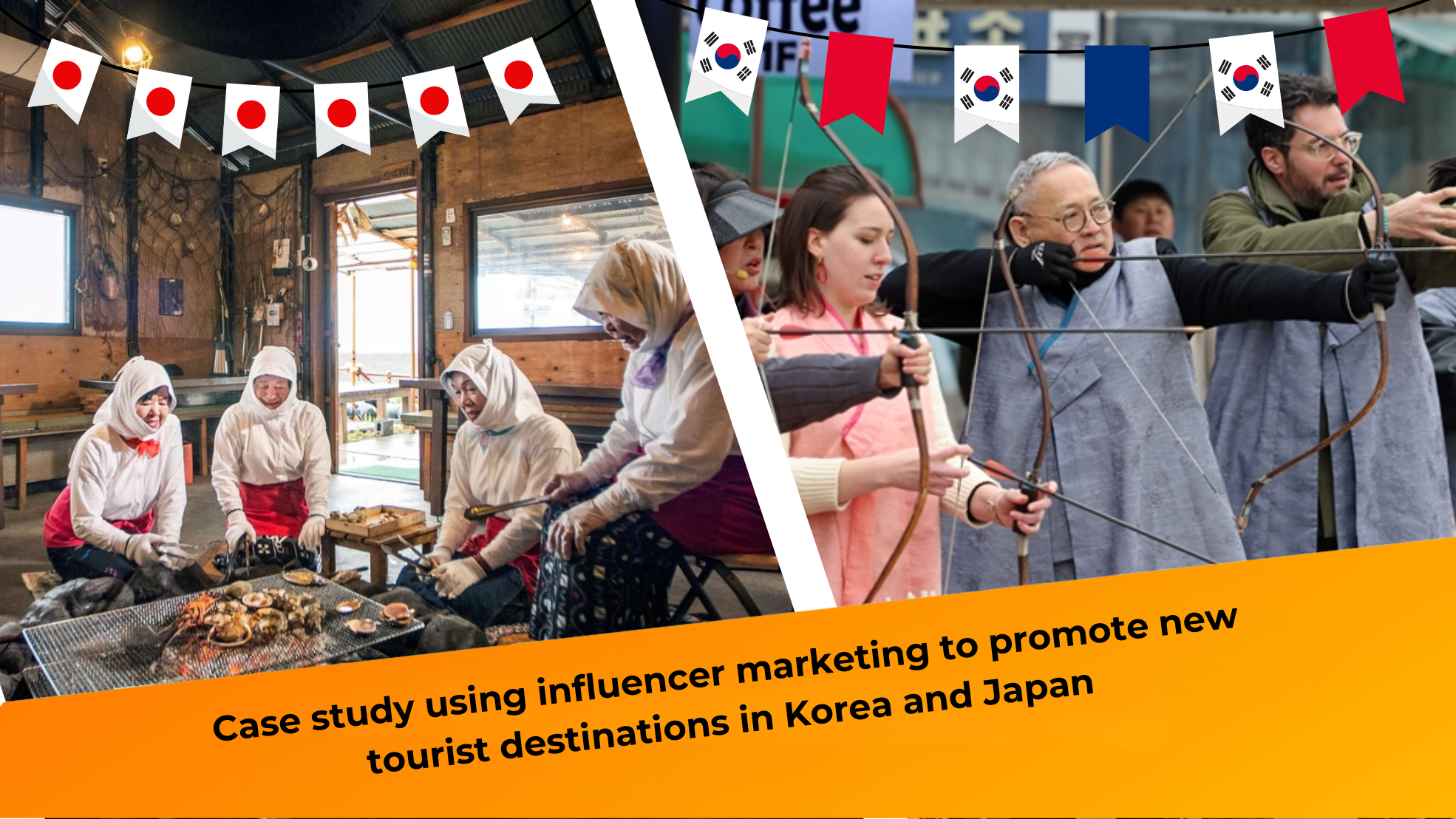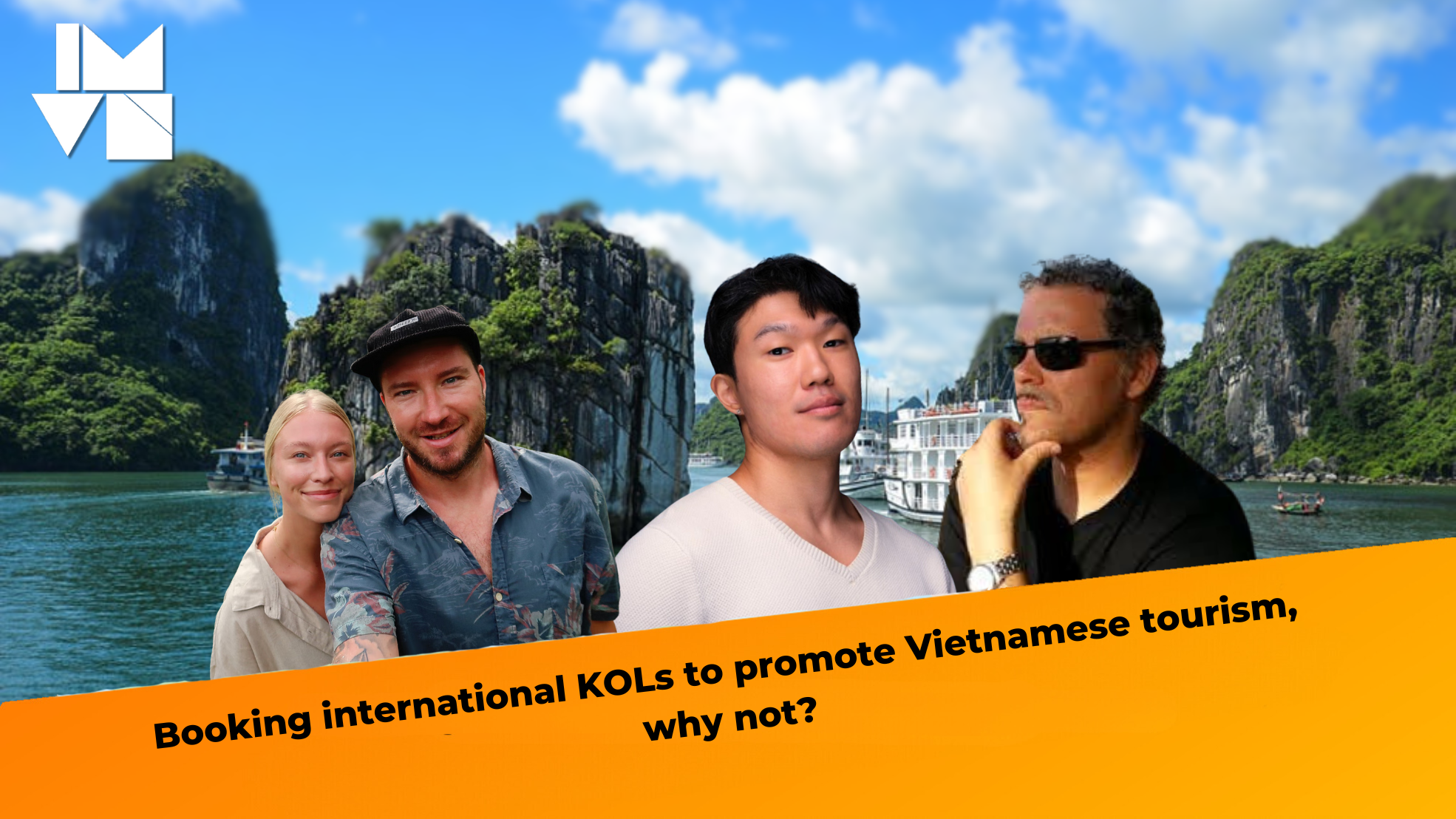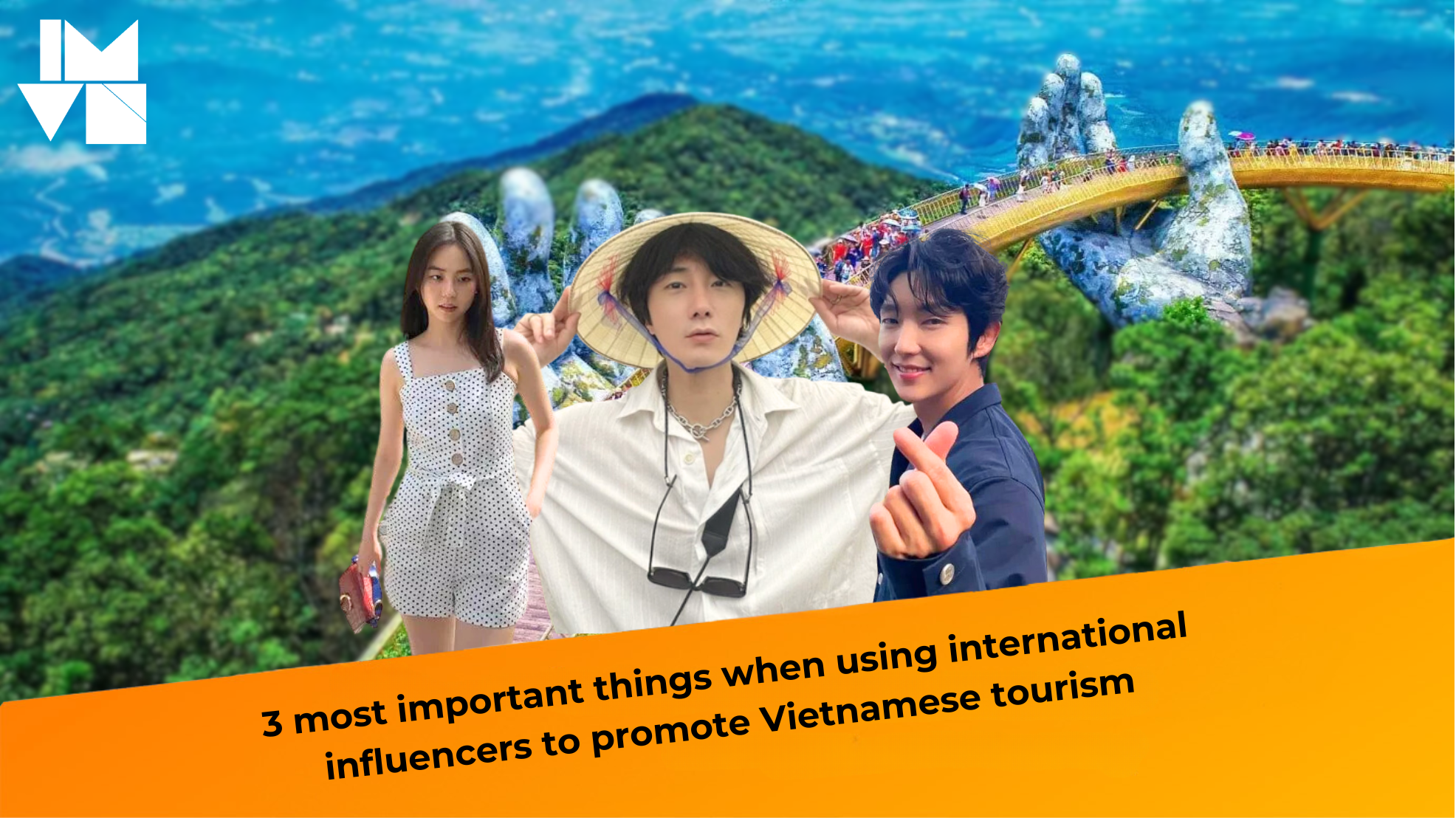The Double-Edged Sword of Influencer Marketing
This week, An Nguy topped the engagement charts alongside Son Tung M-TP. This surge stemmed from her highly publicized drama with actors Cat Phuong and Kieu Minh Tuan.
A few years ago, An Nguy was a prime example of social media influencers crossing over into mainstream entertainment. She successfully transitioned into “actress An Nguy” with two films under her belt. Millions of social media followers provided leverage for influencers like An Nguy, attracting film producers, TV show appearances, and brand endorsements.
However, this advantage is a double-edged sword.
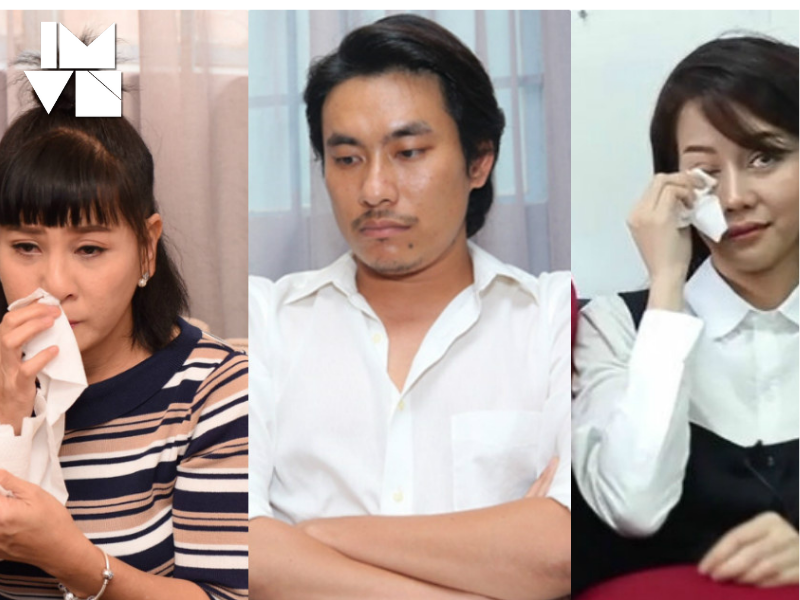
In the age of personal branding, a large following translates to power. But wielding this power without proper management can lead to reputational damage.
Waking up to millions of followers and thousands of likes on a casual post changes the game. Influencers with larger followings and wider reach are increasingly bound by their reputation. The incident involving An Nguy, Cat Phuong, and Kieu Minh Tuan highlights the need for KOLs to seek professional media teams to protect their valuable personal brands.
This double-edged sword also applies to an influencer’s partners. Those who previously sought to leverage influencer reach might now reconsider, recognizing the potential for uncontrolled narratives and the risk of a single misstep derailing a multi-million dollar project.
The producers of “Chú ơi, đừng lấy mẹ con” and “Mẹ Tuệ” experienced firsthand how uncontrolled influencer actions can negatively impact a business venture.
Maintaining Control in the Influencer Era
Following the incidents with these two films, PR teams for other movies will likely enforce stricter media control over their actors. Contracts will need to include clear clauses regarding “media conduct,” potentially requiring actors to refrain from individual promotion and channeling all film-related media activities through a central, controlled channel.
This stricter management extends beyond film production to brands working with influencers. It’s essential to remember that even a company employee using social media becomes an influencer for the company. Media guidelines may apply not only to contracted influencers but also to company employees. If a company has prominent leaders active on social media, they too might need communication protocols.
Previously, crisis communication was limited to mass media channels, press, and brand representatives. In the age of personal media, communication managers must now consider dozens, hundreds, or even thousands of influencers connected to their business, each a potential source of controversy.
